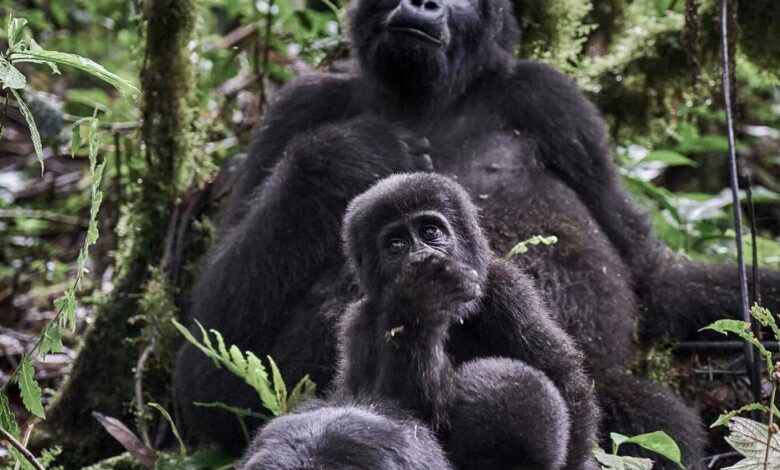How open park days will boost domestic tourism in Uganda
The Open Park Days initiative, he explained, seeks to reverse these trends by encouraging Ugandans to appreciate and explore their country’s rich biodiversity.

Uganda Wildlife Authority has launched the Open Park Days initiative, set to take place on October 17th and 18th, 2024. The initiative was announced by UWA’ Director of Tourism and Business Development Mr. Stephen Masaba on behalf of the Executive Director.
The Open Park Days initiative offers all Ugandans the opportunity to visit some of the country’s most iconic national parks—Murchison Falls, Lake Mburo, Kidepo Valley, Queen Elizabeth, and Pian Upe Wildlife Reserve without having to pay entrance fees.
Additionally, the initiative includes complimentary game drives, providing visitors with a unique and immersive experience of Uganda’s breath taking landscapes and diverse wildlife.
“This initiative is more than just a promotional event; it is a call to action for all Ugandans to rediscover the beauty and wonder of our natural heritage,” Mr. Masaba stated. “Domestic tourism is a key driver of our economy, and every visit to a national park not only contributes to local economies but also builds a sense of ownership and responsibility towards our natural resources.”
He further stressed that domestic tourism is critical for Uganda’s economic recovery, particularly following the challenges posed by the COVID-19 pandemic, the Ebola outbreak, and negative travel advisories, which led to a sharp decline in tourism revenues. The Open Park Days initiative, he explained, seeks to reverse these trends by encouraging Ugandans to appreciate and explore their country’s rich biodiversity.
“Each visit to our parks plays a crucial role in conservation and enhances social cohesion, promoting understanding and appreciation across diverse cultures,” Mr. Masaba added. He also noted the positive impact that tourism has on local communities, supporting conservation efforts, protecting wildlife, and driving sustainable development through job creation.
The launch of Open Park Days follows Uganda’s recent celebration of World Tourism Day on September 27, 2024, under the theme “Tourism and Peace.” This theme aligns with UWA’s objectives for the Open Park Days initiative, emphasizing tourism’s role in fostering dialogue, mutual respect, and cultural exchange.
“Tourism serves as a powerful bridge, and by inviting all Ugandans to explore our parks, we aim to create opportunities for cultural exchange and a deeper appreciation of our heritage,” Mr. Masaba reiterated, underscoring that tourism contributes not only to national unity but also to the preservation of Uganda’s wildlife heritage for future generations.
The event was attended by the Chief Executive Officer of the Uganda Tourism Association, Mr. Muhereza Kyamutetera, who expressed the private sector’s pride in partnering with UWA to promote domestic tourism. “Awareness is a critical component of product consumption,” Mr. Kyamutetera said.
“When Ugandans are made aware of the incredible treasures within their own country, it creates a desire to explore and appreciate them. As the private sector, we are proud to stand with UWA in encouraging more Ugandans to discover our national parks and contribute to the growth of domestic tourism.”
The launch concluded with the ceremonial flagging off of a team of influencers who will traverse Uganda’s national parks as part of a campaign to amplify awareness of the Open Park Days initiative. These influencers, drawn from various sectors, will document and share their experiences on digital platforms, showcasing the breath taking beauty and unique wildlife Uganda’s parks have to offer. They will inspire greater public interest in domestic tourism while also highlighting the importance of wildlife conservation in Uganda.
The Open Park Days initiative not only promotes domestic tourism but also provides an opportunity to communities living around conservation areas to enter and experience first-hand what happens inside the parks. Opening park gates to these communities, enhances their understanding and appreciation of wildlife conservation efforts, strengthening UWA’s relationships with local communities.







